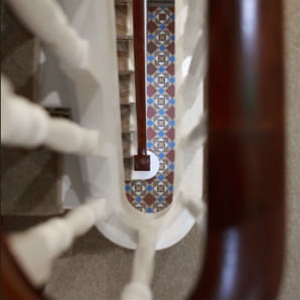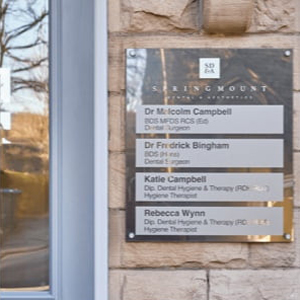Dental implants are suitable in most cases. You do need to have enough healthy jawbone present to successfully receive an implant, but even if you don’t, there are treatments available that can address this.
- Chesterfield:01246 230 230
- Matlock:0162 956 558
- Chesterfield:01246 230 230
- Matlock:0162 956 558










